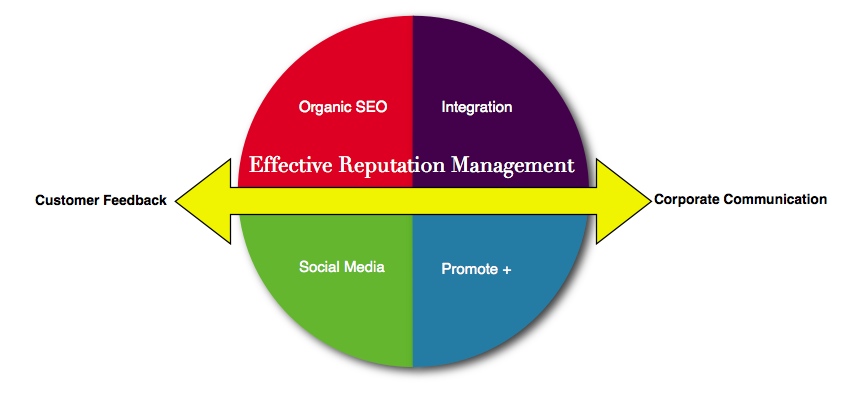SOCI221 –Sociology of Cyberspace
Meeting 7: October 27, 2014
Digital Inequalities and Reputations
Reputation

Second Half
Doing Sociology in Cyberspace
Meetings and Texts
- October 27: Social Inequalities (Kendall and van Dijk)
- November 3: Social Identity (Halford and Berman)
- November 10: Generations (Prensky, Bennett, Selwyn)
- November 17: Ethnography (Coleman)
- November 24: Cultural Contexts (Horst, Kelty)
- December 1: Posthumanism (Cool, Tufekci)
- December 2: Facebook (Lim, Madge)
Since Last Class Meeting
Networks and Inequalities
Activity: Network Graph
- Identity
- Types of connections
Required Texts
- Van Dijk, Jan AGM. “Inequalities in the Network Society.” In Digital Sociology: Critical Perspectives, edited by Kate Orton-Johnson and Nick Prior, 105–124. Palgrave Macmillan, 2013.
- Kendall, Lori. “Meaning and Identity in ‘Cyberspace’: The Performance of Gender, Class, and Race Online.” Symbolic Interaction 21, no. 2 (May 1998): 129–153. doi:10.1525/si.1998.21.2.129.
Van Dijk
Van Dijk, Jan AGM. “Inequalities in the Network Society.” In Digital Sociology: Critical Perspectives, edited by Kate Orton-Johnson and Nick Prior, 105–124. Palgrave Macmillan, 2013.
- Digital Democracy?
- Egalitarian
- Public Education
Kendall
Kendall, Lori. “Meaning and Identity in ‘Cyberspace’: The Performance of Gender, Class, and Race Online.” Symbolic Interaction 21, no. 2 (May 1998): 129–153. doi:10.1525/si.1998.21.2.129.
- Social Constructs
- Identity Play
Next Week
Social Identity
Activity: Online Reputation
- Take a few quick notes on what you expect to come up in your online reputation.
- Pair up with somebody else from the class. It’s easier if it’s someone you don’t know so well.
- Each of you will do searches for publicly available information about the other person. (i.e. “Google” one another…)
- Report back to one another and post something about the results (not the information you gathered).
Required Texts
- Halford, Susan, and Mike Savage. “Reconceptualizing Digital Social Inequality.” Information, Communication & Society 13, no. 7 (2010): 937–955. doi:10.1080/1369118X.2010.499956.
- Berman, Joshua, and Amy S. Bruckman. “The Turing Game: Exploring Identity in an Online Environment.” Convergence: The International Journal of Research into New Media Technologies 7, no. 3 (September 01, 2001): 83–102. doi:10.1177/135485650100700307.
Halford & Savage
Halford, Susan, and Mike Savage. “Reconceptualizing Digital Social Inequality.” Information, Communication & Society 13, no. 7 (2010): 937–955. doi:10.1080/1369118X.2010.499956.
- From divides to inequalities
- Constructs and essentialism
- Some ANT
- Bourdieu and “capitals”
- Link Van Dijk
Berman & Bruckman
Berman, Joshua, and Amy S. Bruckman. “The Turing Game: Exploring Identity in an Online Environment.” Convergence: The International Journal of Research into New Media Technologies 7, no. 3 (September 01, 2001): 83–102. doi:10.1177/135485650100700307.
- Alan Turing
- Turing Game
- Humanness
- Who has agency in identity play?
- Linked Kendall